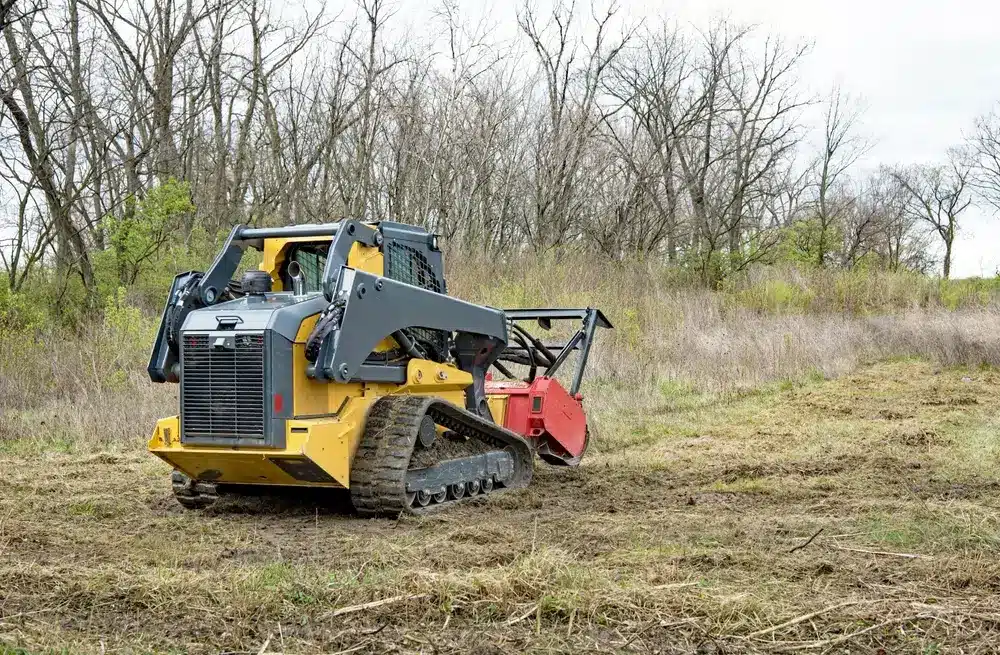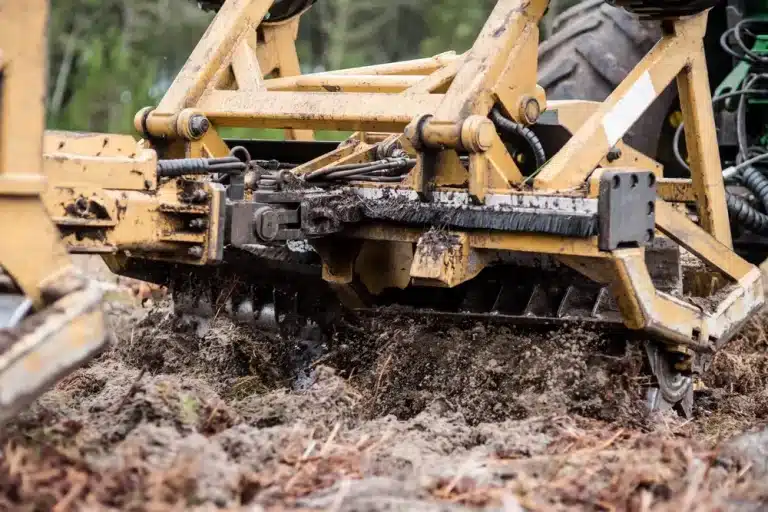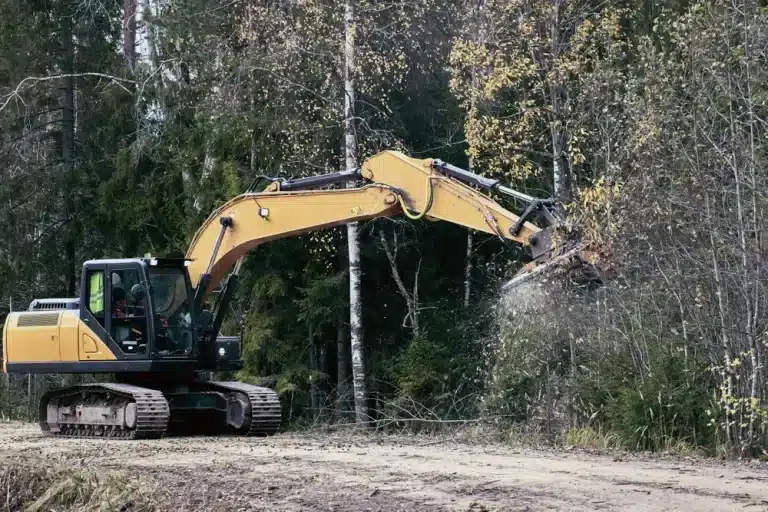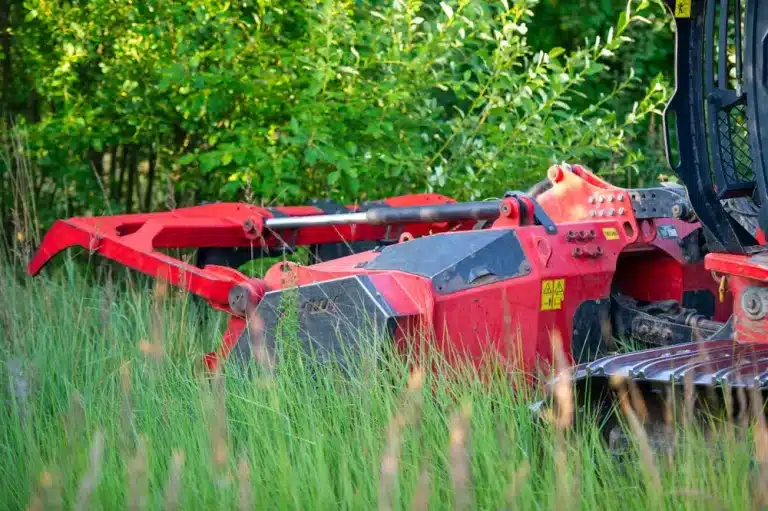Did you know that in the woods surrounding Toulouse, gear expenses can make or break a forestry project’s success. For landowners and contractors wrangling Occitanie’s varied woodlands, the decision to rent or buy a forestry mulcher isn’t merely financial, it’s about efficiency, adaptability and sustainability. For this post we’ll dive into the specific considerations influencing this decision in southern France, aiding you in the most intelligent decision for your property and venture.
Forestry mulchers overview
Forestry mulchers are powerful land clearing equipment, designed to shred trees, brush, and stumps. The two major varieties are drum and disc mulchers. Drum mulchers lever one up by harnessing a free-spinning drum with teeth to grind wood and brush. These are great for clearing large areas of land. Disc mulchers feature a large steel disc with blades that rapidly shred and chop wood, typically employed for quick jobs on smaller plots or where a clean cut is desired. There are flail-style mulchers, which utilize chains or blades on a rotating shaft, good for lighter brush and grass.
In agriculture and land management, mulchers assist with clearing fallow fields, controlling brush, and prepping the land for planting or grazing. They assist with soil health by shredding plant waste into mulch, which decomposes and nourishes the soil. Against both hand and small machine methods, mulchers save huge amounts of time and reduce backbreaking labor. For instance, a high-flow mulcher with a 60” or 72” cut width can tackle wood up to 35cm in diameter, completing what would take days by hand in just a few hours.
New forestry mulchers have a lot of safety features. Others say you should solely operate them with a skid steer equipped with a shatterproof cab door. This assists in protecting the operator from flying debris. Safety regulations require keeping all bystanders 90 metres away during operation, as wood and rocks can dislodge and fly a great distance. Watching training videos before mulching is recommended for beginners.
Nearly all mulchers are engineered for skid steers, not tractors, as a tractor may not be robust enough and may suffer damage. Mulchers are heavy, some tipping the scales at more than 450kg and requiring a minimum of 45kw of engine power. Renting is wise for one-off jobs, but purchasing might make more sense for sustained, ground down usage.
Decision factors
After all, deciding whether to rent or buy a forestry mulcher really comes down to duration and frequency of use. Short jobs or one-offs work best with renting, as you only pay for the time you’re using the machine. If you routinely do land clearing or forestry work, purchasing could be logical, even despite the steep initial investment. Renters skip large up front expenses and just pay for the time they rent, owners assume the entire cost, along with repairs and depreciation.
Having access to new technology is important as well. Rental fleets tend to be well-maintained and current, providing an opportunity for renters to experience newer, better models. This could aid velocity, efficiency or security. Owners can stay with a machine for years, which may preclude having the latest upgrades, but it does mean becoming intimately familiar with your own equipment.
Logistics are a big factor. Renting means you don’t stress about long-term storage or shuttling the mulcher from job to job – rental companies take care of a lot of that. Owning the machine means hustling to find space for it and paying for transport yourself which can be more expensive and requires more foresight.
They both need continued support, but in different ways. Renting puts maintenance and repair in the hands of the rental firm, which can save time and money if the machine breaks down. Owning means having to pay for clever people to maintain it, which is more overhead and might require additional training for your staff.
Compare on cost both total ownership (buy price, annual costs, less resale) and the entire rental spend (rate, duration, plus fees). This assists you in identifying which suits your work requirements and budget most.
Cost analysis
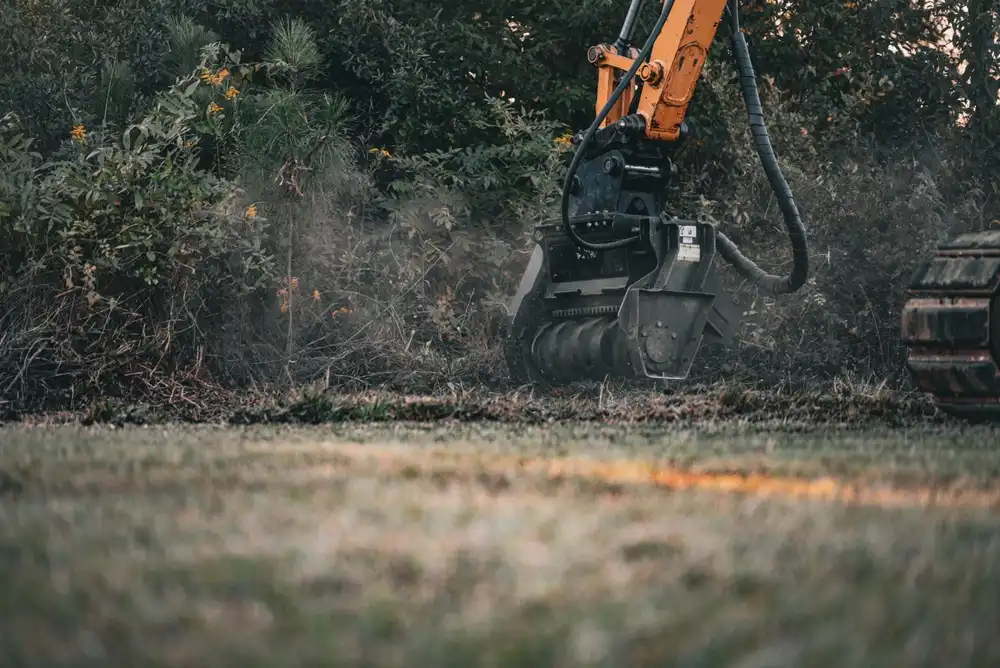
Cost can be the clincher when deciding whether to rent or buy a forestry mulcher. Buying = a big upfront spend. A new mulcher can cost anywhere from $20-$100,000 or more, depending on type and size. Rental, on the other hand, amortizes the cost with daily, weekly, or monthly fees. Daily rates begin around $250, with monthly rentals typically running $4,000–$7,000. Rental seems simpler for ‘quick’ or one off jobs, but for frequent use, those charges pile up quickly.
Total cost of ownership doesn’t end with the sticker price. With a mulcher, you cover insurance, maintenance and repairs. Insurance can be a couple hundred to 1000 plus per year. Maintenance, from oil changes to part swaps, could tack on an additional $1,500–$3,000 annually. Depreciation means your machine is worth less every year you use it, eroding resell value down the road. Renting skips these costs maintenance and insurance are typically baked into the rental price, and you never stress about selling the machine down the road.
How you intend to use the mulcher is important. For just one land-clearing job, renting nearly always beats buying. If you operate a business and require a mulcher for months at a time every year, owning could save you some cash in the long term. The table below shows how these choices stack up in different cases:
| Usage Scenario | Buy (Year 1) | Rent (Year 1) |
| One week (40 hours) | $25,000+ | $1,200 |
| One month (160 hours) | $25,000+ | $5,000 |
| Three months (480 hours) | $25,000+ | $13,500 |
| Full year (1,920 hours) | $25,000+ | $60,000+ |
Rental advantages
By renting a forestry mulcher, large companies and small landowners alike gain more freedom and less stress. It makes sense for many who wish to avoid tying up large sums of money. That way, you get to use the right machine for the job, without the angst of purchasing and owning.
- No huge initial payments. Renting means you don’t have to invest a lot up-front. You can utilize your capital for other necessities or simply hold cash in reserve for the lean times.
- Semi-fixed costs. Rental prices are transparent. You know what you pay weekly or monthly. No surprise repair or breakdown bills.
- Test drive the magic first. If you don’t know what mulcher works best, renting allows you to try out different models and brands.
- Take just what you need. Certain things require a mulcher for a day or a few weeks. Rental makes sense for infrequent or occasional work.
- Latest machines. Rental companies tend to have newer or well-maintained equipment. You receive new tech, reduced fuel consumption and downtime.
- No storage or moving hassles. When completed, simply return the unit. No where to put it or afford a shed! No schlepping equipment over miles of roads or borders.
- Avoid resale gamble. You don’t sweat a machine’s depreciation or seek a buyer down the way.
Rental agreements typically cover maintenance and repair. If the machine breaks, the rental company dispatches assistance or replaces it. Most firms have tech teams on call, so you don’t lose a lot of work time. This lifts pressure from your team and helps you meet deadlines.
Buying benefits
So really, purchasing a forestry mulcher can provide some serious value for those that require consistent use and are looking for long-term benefits. Every time you use it, you’re building equity! That makes the mulcher an investment, not just a tool you lease. Complete control is a major benefit, you can wear it daily, adjust its configuration or even install aftermarket components. This is convenient for projects that require specific equipment or for groups with strict site or regional regulations.
- Asset ownership: Builds equity and adds to your company’s net worth
- Total control: Use, move, or adjust the machine as you see fit
- Customization: Fit the mulcher with attachments or upgrades for unique tasks
- Predictable access: No need to wait for rental returns or book ahead
- Long-term savings: Lower cost per job if you use it often
- No rental restrictions: Use for any length of time or job type
- Resale value: Sell the equipment later if needs change
- Tax benefits: Claim depreciation or other local incentives for ownership
If you intend to use a mulcher dozens of times a year, buying can reduce your cost per job in the long run. Rentals fees are expensive, but ownership amortizes the cost over all the work you do. For instance, a forestry company on the job at least 200 days per year will save significantly more by owning versus renting. In lots of countries owners are allowed to deduct tax or depreciate which can reduce the cost of purchasing. That implies that prices could drop even further, benefiting your bottom line or leaving you more cash for other demands.
Evaluating options
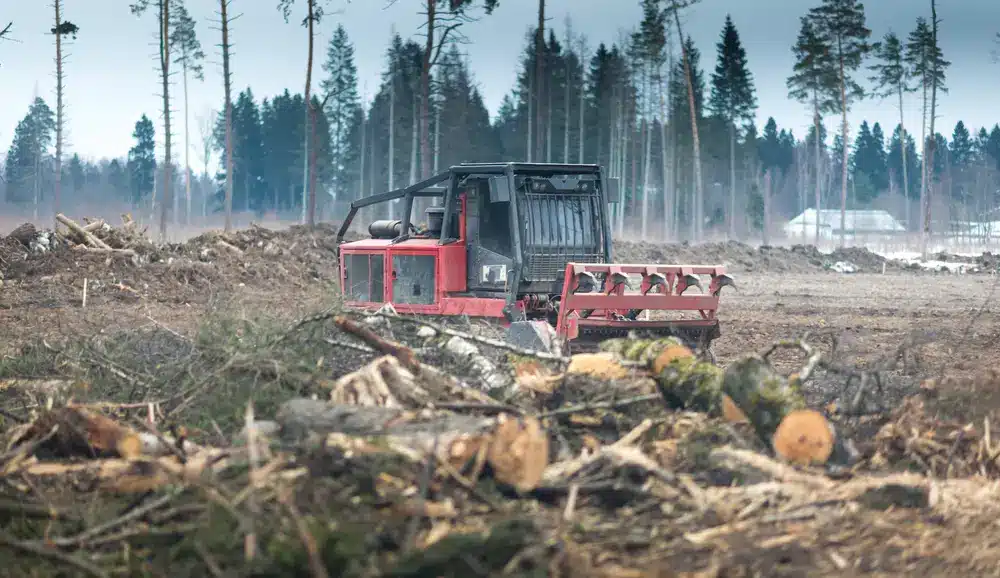
Deciding whether to rent or buy a forestry mulcher begins with an examination of the details. Rental agreements typically contain a great deal more than price/day. Beware of additional fees, such as cleaning, late return or overuse fees. Certain contracts have routine maintenance, but others leave you to handle wear and tear. Manufacturer warranties operate differently. Used machines typically have warranty for a fixed time period. Inquire about what repairs are included, how the claims process works and whether they include naturally worn parts. If renting, see if you receive the same coverage, or if you have to pay for parts or labor if the machine goes haywire.
Next, consider service and support. A good supplier is more than a machine. Others offer practical education in responsible use. Some have parts on hand or guarantee fast delivery, should you need a repair. Quick assistance is crucial, as well. If your mulcher dies halfway through the job, is assistance just a phone call away? Backing can be the difference between a brief work interruption and huge project setbacks.
To assist in selecting the correct course, apply a checklist. List what you need: job size, how long you need the mulcher, your team’s skill level, and your budget. Give extra credit for after-sales support, local dealer network, how quickly you can get help or parts. See if you require the machine for multiple jobs or if your jobs vary frequently. Will a short-term rental get the job accomplished, or do you require a machine available year-round?
Checklist for decision:
- Length and type of work
- Budget for up-front and long-term costs
- Team skills and training needs
- Support, service, and parts access
- Contract and warranty terms
- Future project plans
